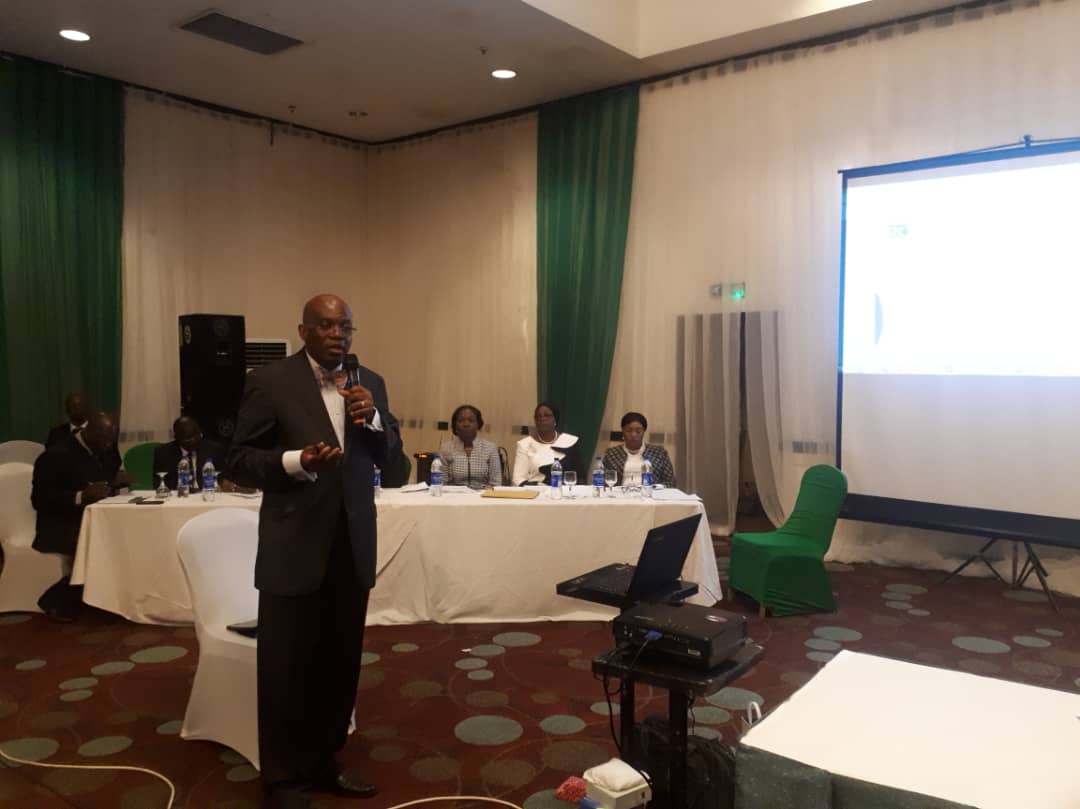
Information and Communication Technology (“ICT”) has positively impacted all spheres of modern life, increasing efficiency and the delivery of high-quality services
Globally, ICT has become a vital tool for growing sustainable economies, good governance, and administration of justice.
The Nigerian justice system, among other challenges, is marred with avoidable delays in the dispensation of justice. ICT is replete with new opportunities to improve the Nigerian justice system, particularly in proffering solutions to the issue of delay associated with traditional methods of justice delivery
ICT in the administration of justice helps to improve efficiency. For example, through adopting an electronic case filing and management system; transcribing equipment to record court proceedings; the use of Digital Evidence Presentation System etc

It helps in the Efficiency of Key professionals: The ease of access to online databases (such as legislations, case laws, articles, law offices, lawyers etc.) allows for a more efficient and speedy legal research, as against poring through voluminous paper materials.
It helps in the Ease of Access to Justice and Transparency • ICT could be used as a tool to promote public access to relevant information, such as court procedures and judgments, case reviews and law reports, amendment to legislations etc. Adopting ICT in sensitizing the public of their rights and means to address any breach of same. For example publishing such via social media outlets, SMS alerts, blogs etc.
It helps in checking Malpractices • Obtaining court documents is sometimes aided by having to “see” Court Officials. An electronic system of obtaining such documents would eliminate or at least considerably reduce these incidents of malpractices.
It helps to reduce corruption in legal systems, the 2007 Transparency International’s “Global Corruption Report” recommended, inter alia, transparency through publication of judicial activities, and providing reliable public access to law related information.
One way of making law related issues public is through the Web 2.0 (social-media based web interface).
Boosts Public Confidence in the Justice System • ICT comes in handy in speedy disposal of cases. Justice delayed is justice denied. Where justice is constantly denied, litigants tend to lose confidence in the justice system and adopt self-help methods. •
A widespread use of an ICT-based system will save time in resolving disputes, hereby instilling public confidence in the judicial system.

Easy and Faster Access to Information: Electronic storage of court documents ensures a 24-hour availability of information. Lawyers and litigants are also not hindered by distance in accessing them.
My immediate recommendation would be Implementing the NJIT Policy Document • Generally courts should endeavour to adopt the provisions of the NJIT Policy Document. • This will include the deployment of ICT infrastructure such as Electronic Case Management Software, Electronic Document Management System, Video Conferencing equipment, Voice recorders, Virtual Libraries etc. • The foregoing will encourage e-filing; easy storage, retrieval and access to court documents; clear backlog of cases etc.
Update of Court Websites • Some courts do not have functioning websites. Even the courts with functioning websites display outdated information. Ideally, a court’s website should be the first point of call for information related to the court. Such information would aid compilation of statistics, which could be used for research purposes, amongst others. Training of Judicial Officers and Lawyers •
Adopting a computerized court system will rise to its full potential where the stakeholders possess the minimum skill required to operate them. It is in this vein that the training of judicial officers, lawyers and other relevant parties become pertinent.
Long Live the Nigerian Bar
